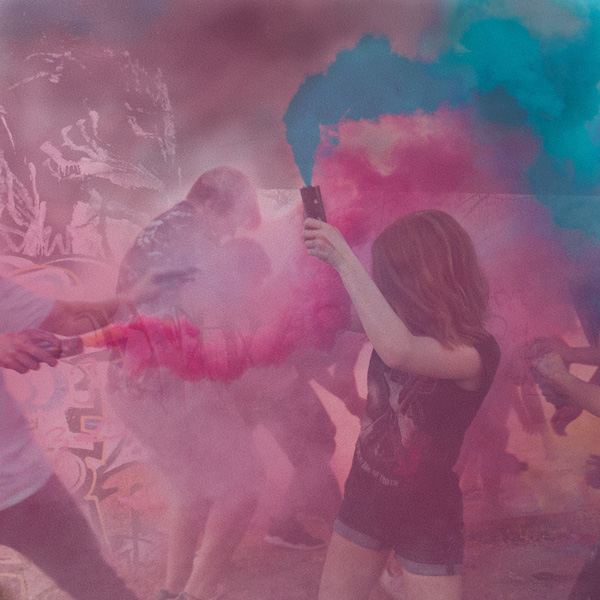JKLTip Separate behaviors from kids and give them a place to make mistakes with unconditional love

There no bad kids. I know because I work with the ones you think are bad kids. I work with youth in care and treatment schools. What does that mean?
It means all of the students I teach are not in a quote, unquote “regular school”. They are in our schools because they are struggling with a mental health need. These needs include, but are not limited to youth going through pregnancy, parenting, addiction, mental illness, homelessness, and jail time.
I asked a student yesterday what they think ties all of our youth together and they said, “problems and struggles”. I thought that was a good way of putting it. Hard to argue with. What was interesting to me was that we all have problems. We all have struggles. What makes it that the issues they face become so severe? What makes it that a “regular school” couldn’t support their needs?
It’s a fascinating question and there is no answer. We may never know.
Another student said it’s because they are “bad kids”. They very much connected their behavior to them as a person. If they have committed crimes, hurt people, hurt themselves, they say they are “bad people”. Instead of thinking they have just done bad things. It seems like a subtle mind-shift, but it makes a world of difference when we separate behavior from a person. It’s important to realize that there are no bad kids. There are very bad behaviors. But, why do these behaviors happen?
Some adults make it worse. Over the years I have heard teachers say, “in a regular school that wouldn’t happen.” I agree, but I can’t think of anything more to say than “no shit.” It may well be the case that you don’t see the same behaviors, but that’s only because those kids are not there. The question I ask is, where did the so-called bad students go?
They didn’t just vanish or change. These are your dropouts, these are the outcasts, the ones that didn’t fit. It’s interesting when I see a school that brags about their accomplishments of the school, the behavior track record, or greatness. It’s a huge red flag to me that they are often working with kids that would learn in spite of our efforts.
The “bad” students did exist in the “regular” school but now they are somewhere else. Nothing really to celebrate. How hard do we work to keep them coming back to school? How hard do we work to make sure these “bad kids” know that they have a caring space to go back to every time they mess up? Not enough, and now I teach them.
At what point did school become a privilege?
When I Was a Regular Teacher
When I taught in a regular school, many teachers tried pretty hard to get kids kicked out of class and sometimes out of school. In a single ninth-grade class of 30 students that I had there were three students kicked out at the end of the school year.
I did everything in my power to fight for these kids to stay. When I see them in the community now they say thank you. Other teachers said, “until they are ready to learn they can’t be in school”. I don’t even know what that means. But, either these teachers were far wiser than I, or the system supports the wrong mindset. Because, sure enough, all three students were shipped out. The next semester was easier on the school, it was more quiet. There were fewer fights, fewer arguments, fewer headaches. But where did those three students go?
Label me a bleeding heart, or soft, but I know as a society we are making a lot of mistakes with how we support youth or anyone for that matter. At that time, twelve years ago I might have questioned whether I or those veteran teachers were right. Now, I’ve seen this movie play out far too many times. Punishments simply don’t work. Plain and simple. So why do we use them? If anything it makes things worse. This post is long enough without getting into answers, but it starts with some questions anyhow.
What is “learning” for?
What is “school” for?
* Let’s work together: 8 Billion People
** Read Why Just Keep Learning: JKL Post
